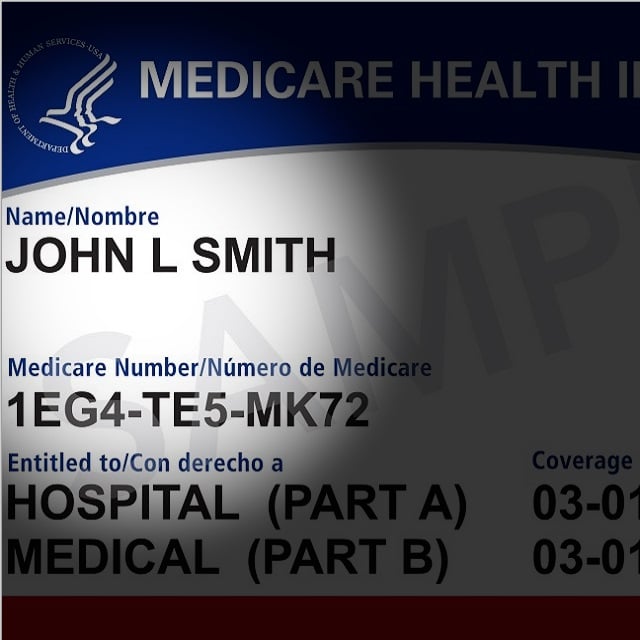Save Clients From Owning an Anti-Annuity: Idea File
Resources
- A collection of the new Nationwide survey results is available here.
- An article about Nationwide long-term care planning survey results is available here.
Health Neglect Numbers
Here's how likely participants in the three major age groups were to have gotten flu shots in the past year:
- Boomers: 69%
- Gen Xers: 43%
- Millennials: 31%
The Financial Professional's Role
Nationwide has already been encouraging agents and other financial professionals to see Medicare planning, long-term care planning, and general post-retirement health care cost planning as great topics for starting conversations with clients and prospects. The company's retirement institute website offers tools such as health care and long-term care cost assessment fact finder. Nationwide has also worked with the National Council on Aging to offer an NCOA My Medicare Matters Medicare plan option guide. Kristi Rodriguez, the leader of the Nationwide Retirement Institute said Monday, in an interview, that typical financial professionals may not be in a great position to recommend specific preventive health services, such as getting flu shots. But "most Americans realize their health would impact their financial stability," Rodriguez said. "It is such a significant cost in retirement." Financial professionals can help clients see that having a primary care provider and following that provider's preventive health recommendations may be a good way to increase their post-retirement finances, Rodriguez said. Rodriguez said she believes the new survey and other recent surveys show that many consumers are more interested than they were before the COVID-19 pandemic came along to talk to financial professionals. "Individuals just want some engagement," Rodriguez said. — Read Nationwide Invests in Caretech Firm, on ThinkAdvisor. — Connect with ThinkAdvisor Life/Health on Facebook, LinkedIn and Twitter.
© 2025 ALM Global, LLC, All Rights Reserved. Request academic re-use from www.copyright.com. All other uses, submit a request to [email protected]. For more information visit Asset & Logo Licensing.
Featured Resources
View All
Sponsored by Illinois Mutual Life Insurance Company
4 Reasons To Sell Simplified Issue Disability Income Insurance (SIDI)

Sponsored by Illinois Mutual Life Insurance Company
Simplified Issue Disability Income Insurance (SIDI): A Smarter Way to Sell and Protect







